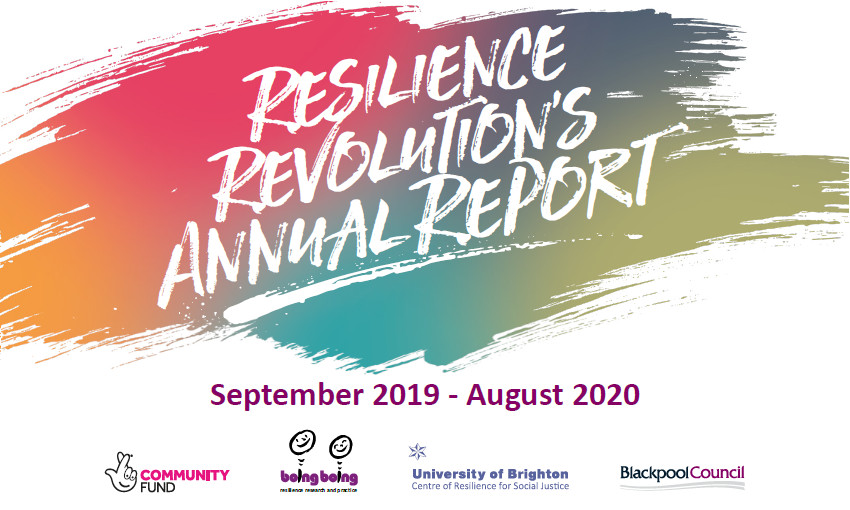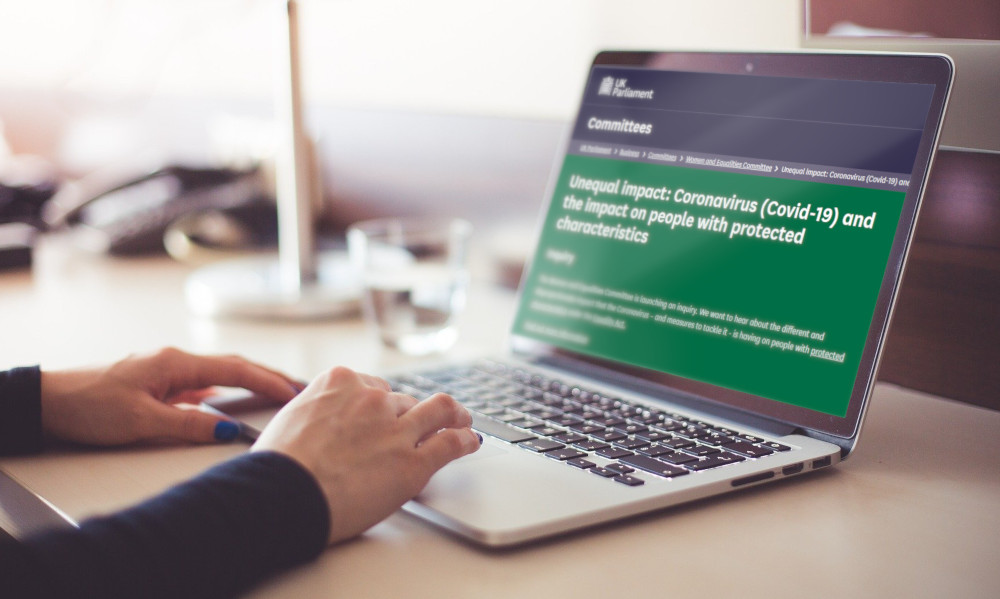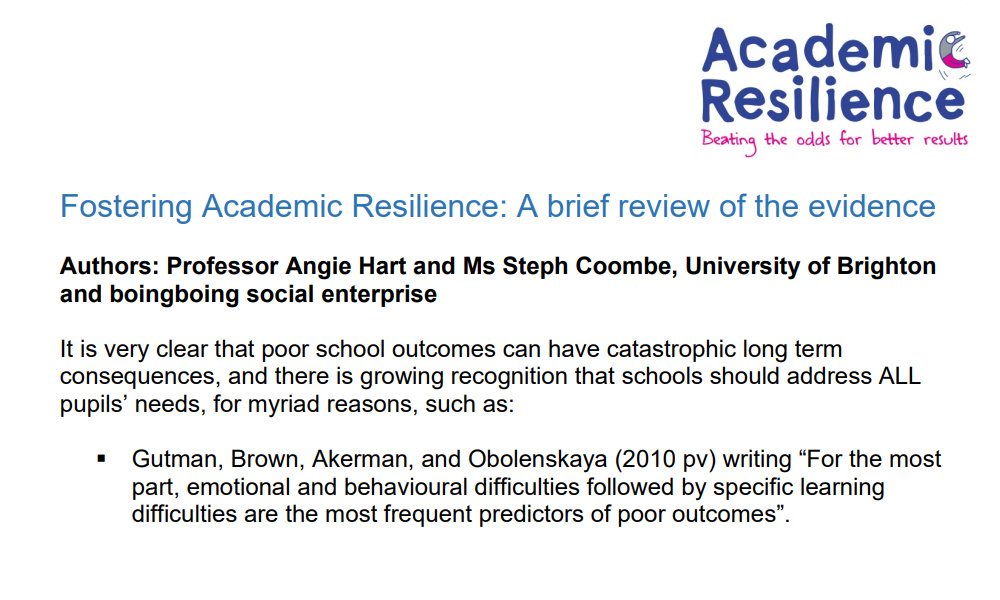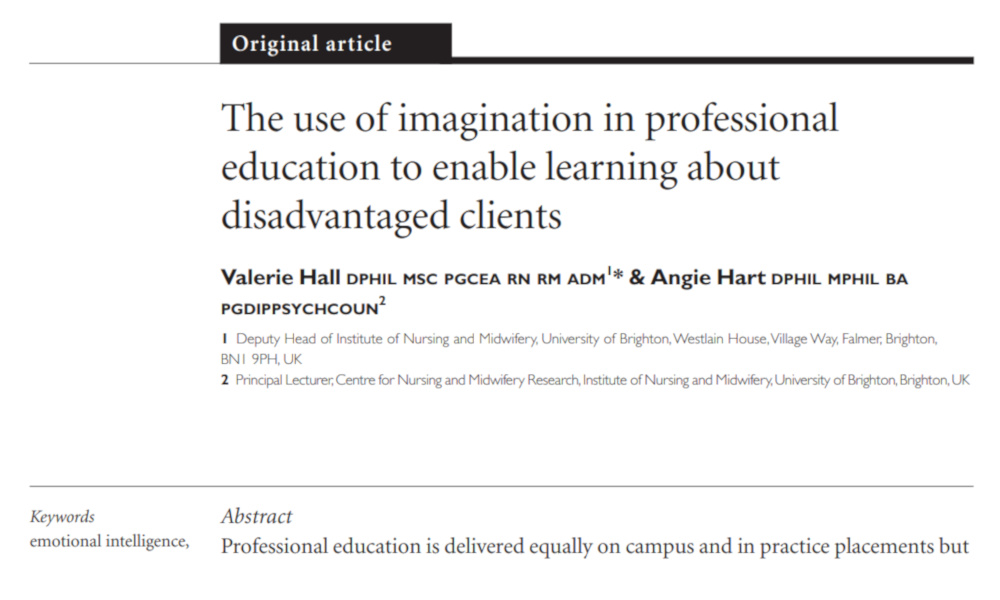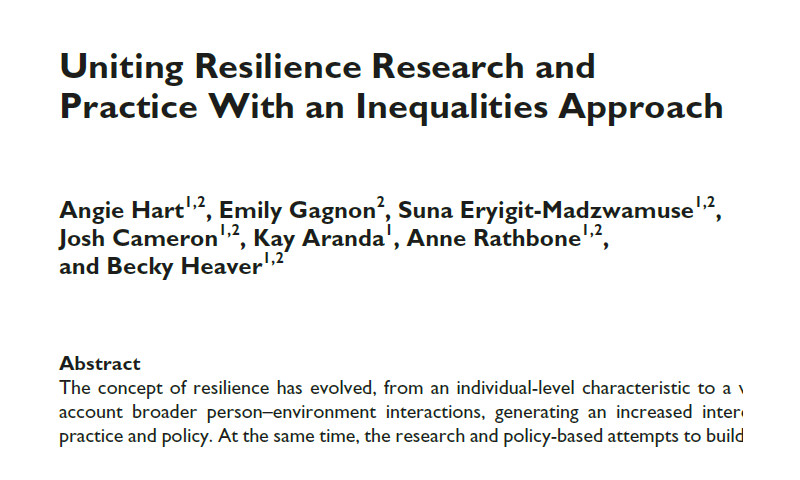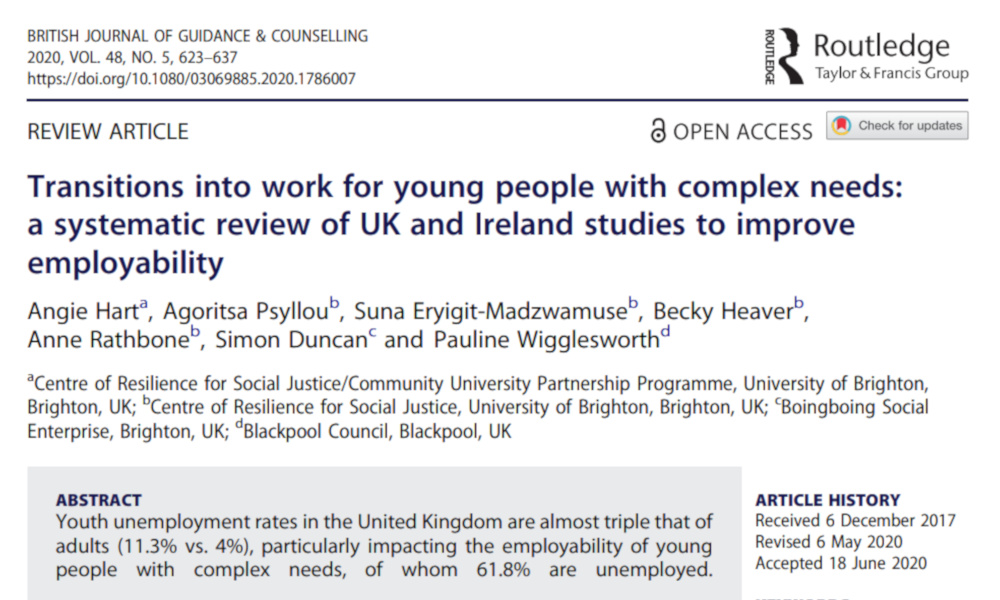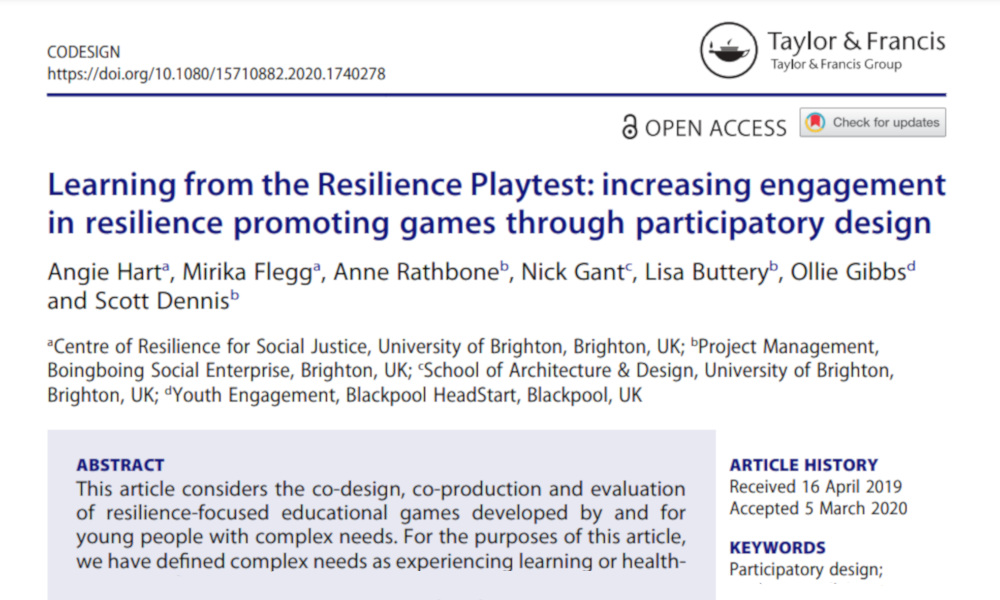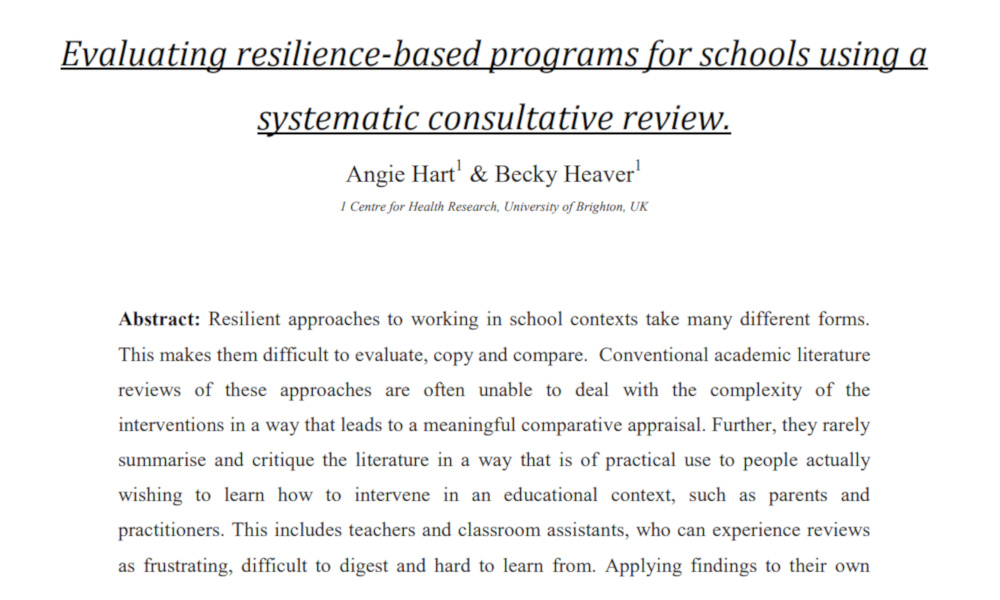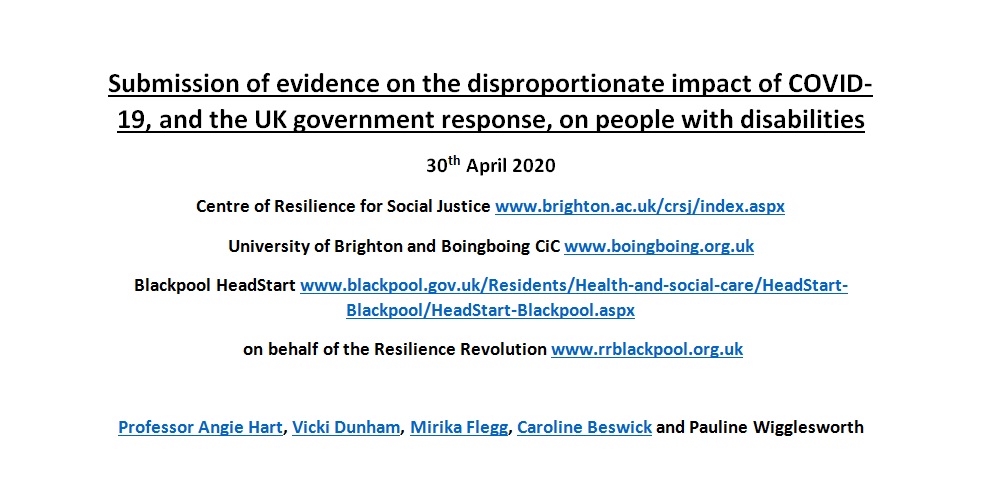Academic Publications
It is very clear that poor school outcomes can have catastrophic long-term consequences, and there is growing recognition that schools should address ALL pupils’ needs. This brief review of the evidence explores what is meant by the term resilience and gives an overview of what schools can do to foster it in their pupils.
In this paper we propose that creative methods of learning such as developing the use of imagination may have more direct application in bringing into the public domain previous implicit learning experiences. From the findings of this research, we created a learning model which can be used by lecturers or practice educators either in the campus or practice settings.
This article outlines and provides examples from an approach that we are taking in our research and practice, which we have called Boingboing resilience. We argue that it is possible to bring resilience research and practice together with a social justice approach, giving equal and simultaneous attention to individuals and to the wider system.
The main objectives of this review were to explore current practices, identify factors affecting and strategies used to improve employability. Findings suggest that collaborative strategies covering training, work practices, therapeutic support and creating appropriate work environments, with active involvement of young people, are key in supporting young people with complex needs into employment.
This article considers the co-design, co-production and evaluation of resilience-focused educational games developed by and for young people with complex needs. Using the development of these games and the results of the evaluation as a case study, it addresses key debates surrounding participatory design within the context of social inequalities.
The aim of this paper is to explain how and why school-based resilience approaches for young people aged 12-18 do (or do not) work in particular contexts, holding in mind the parents and practitioners who engage with young people on a daily basis, and whom we consulted in the empirical element of our work, as our audience.

